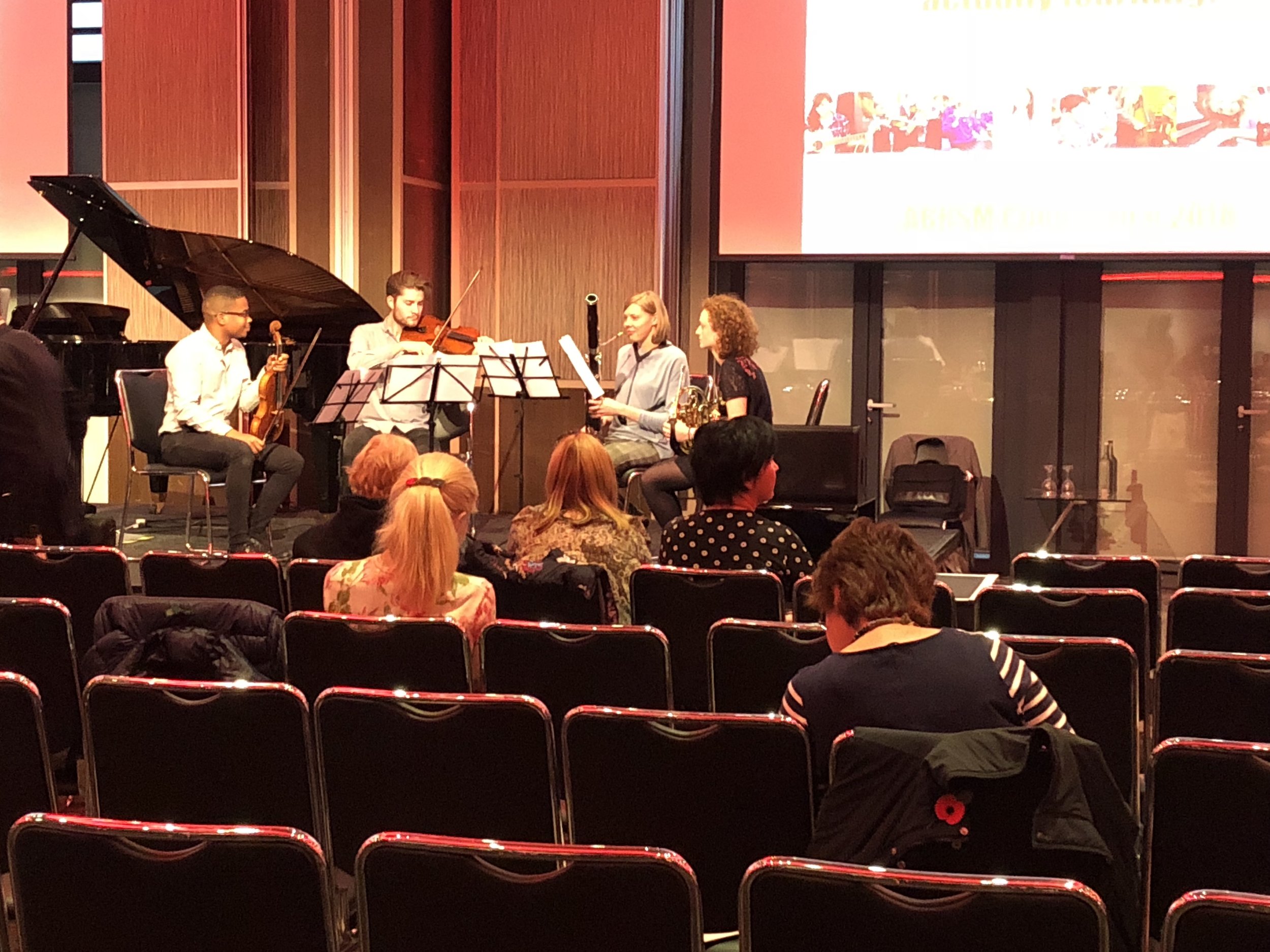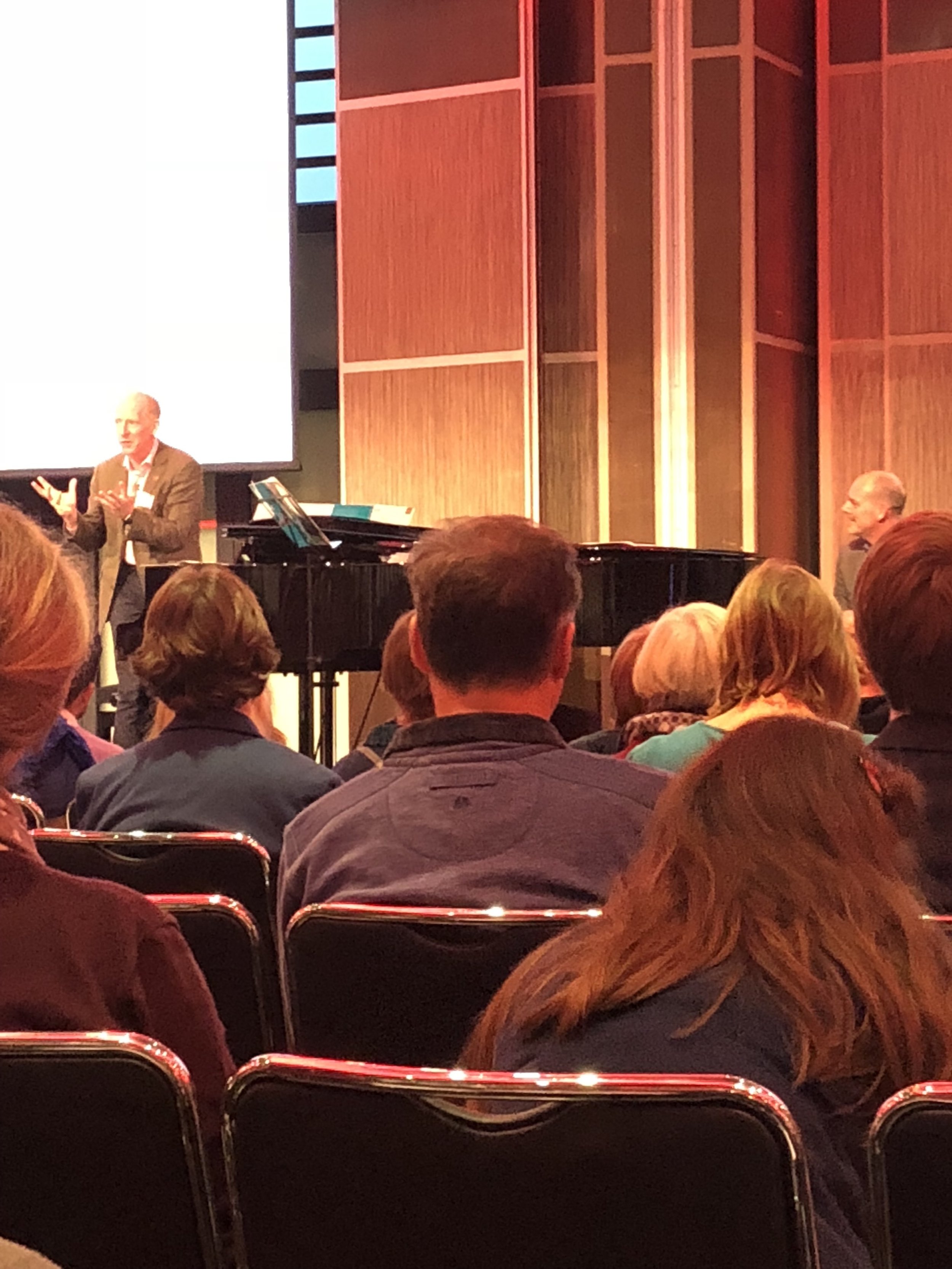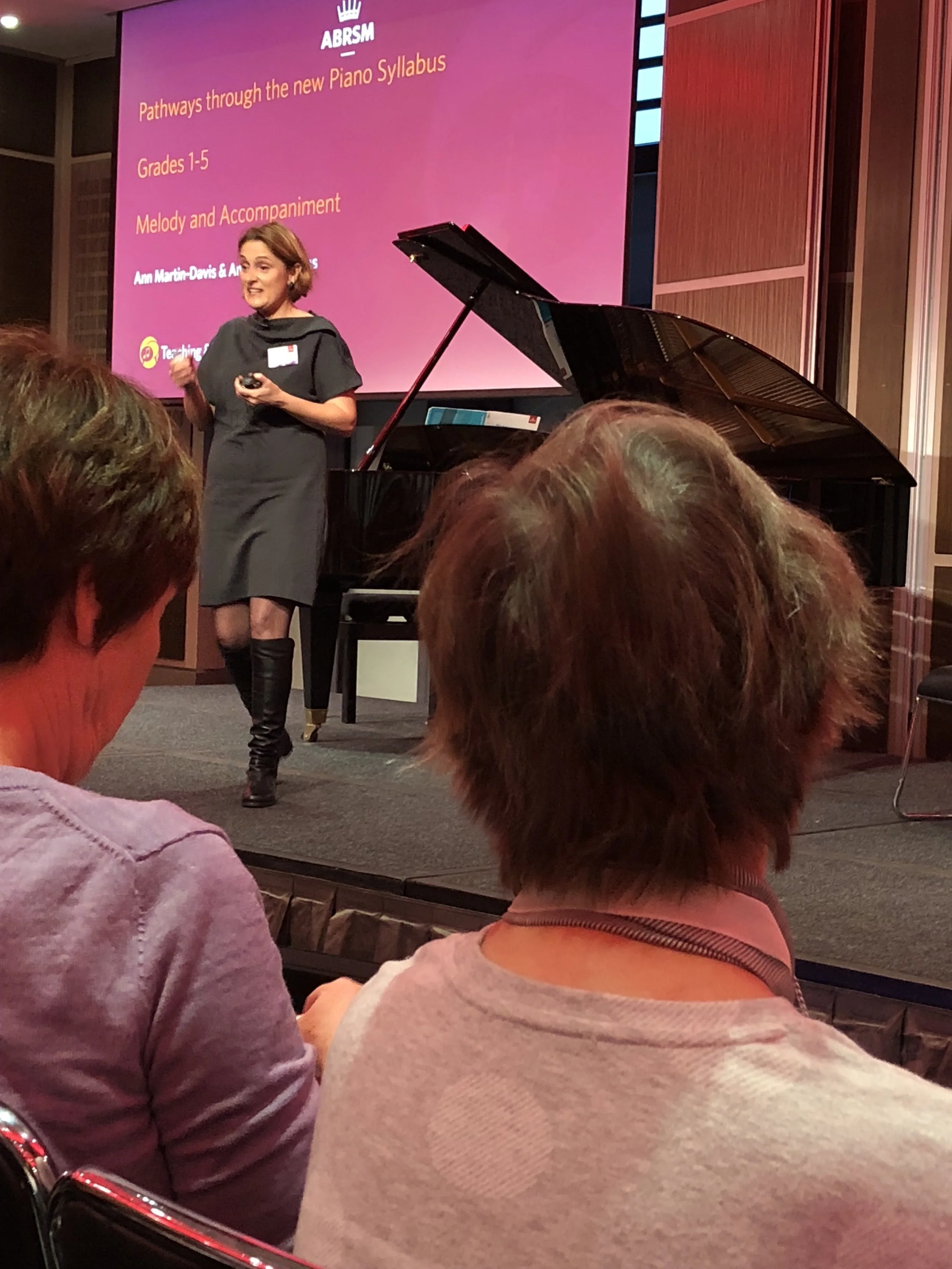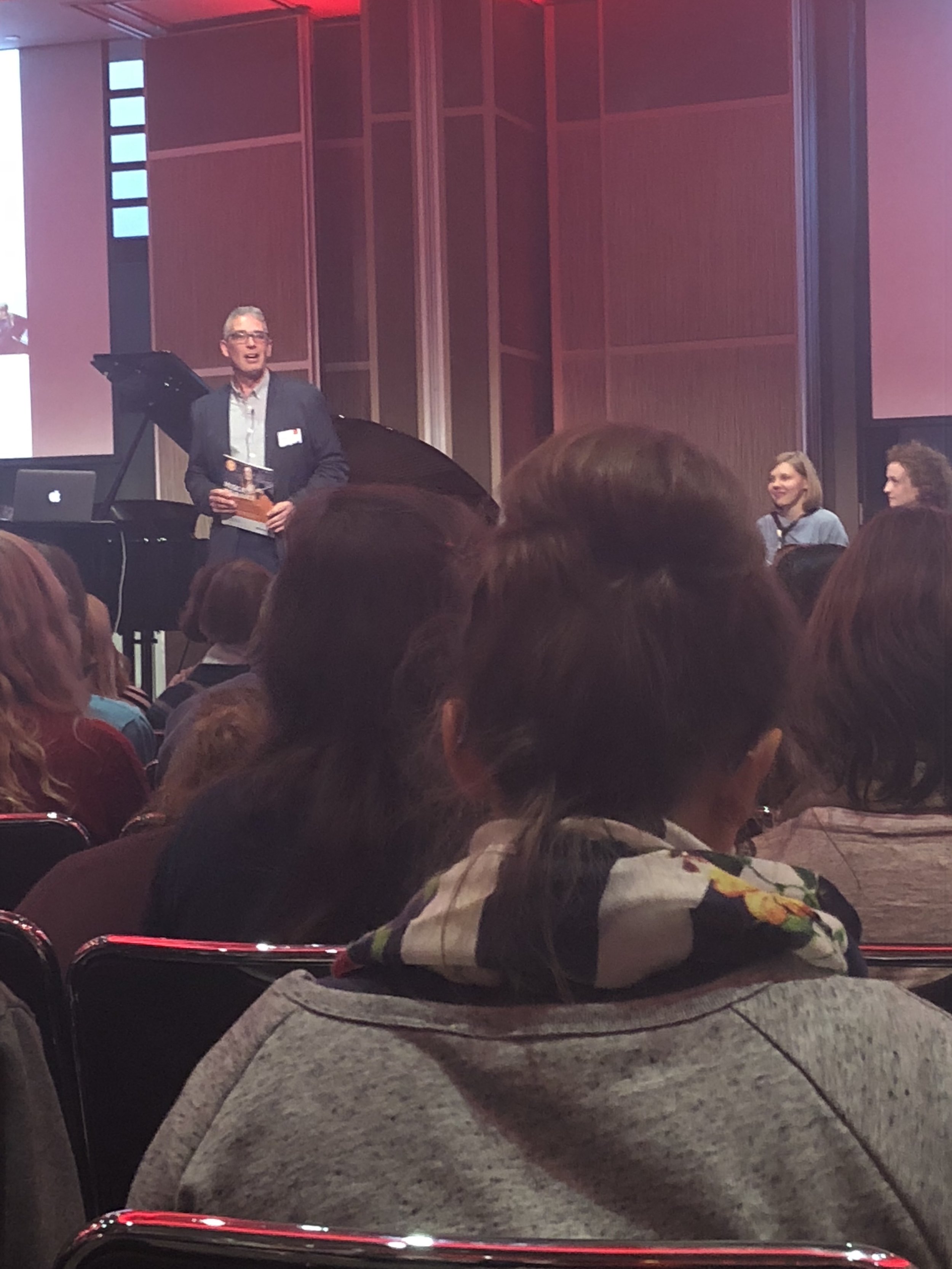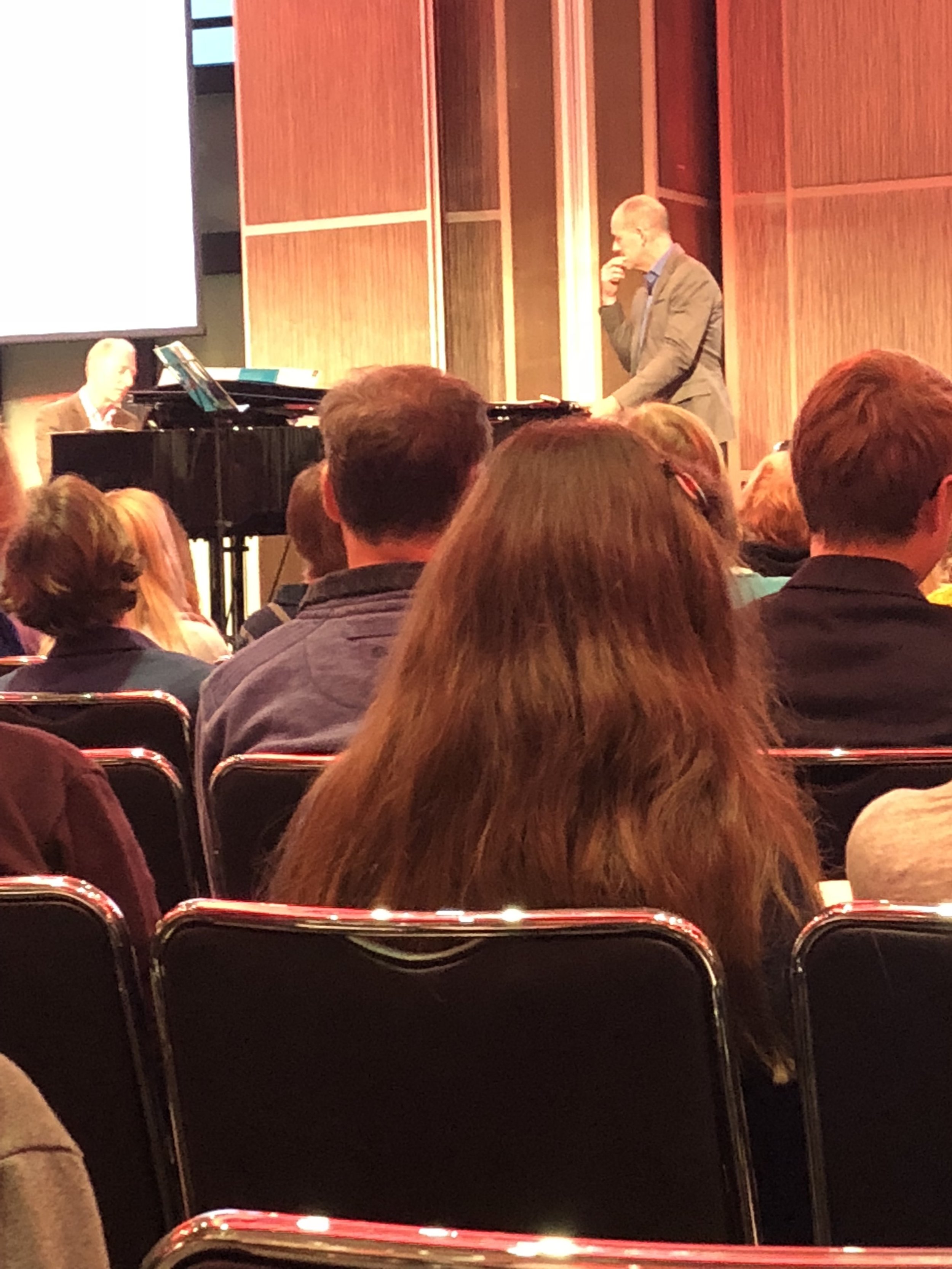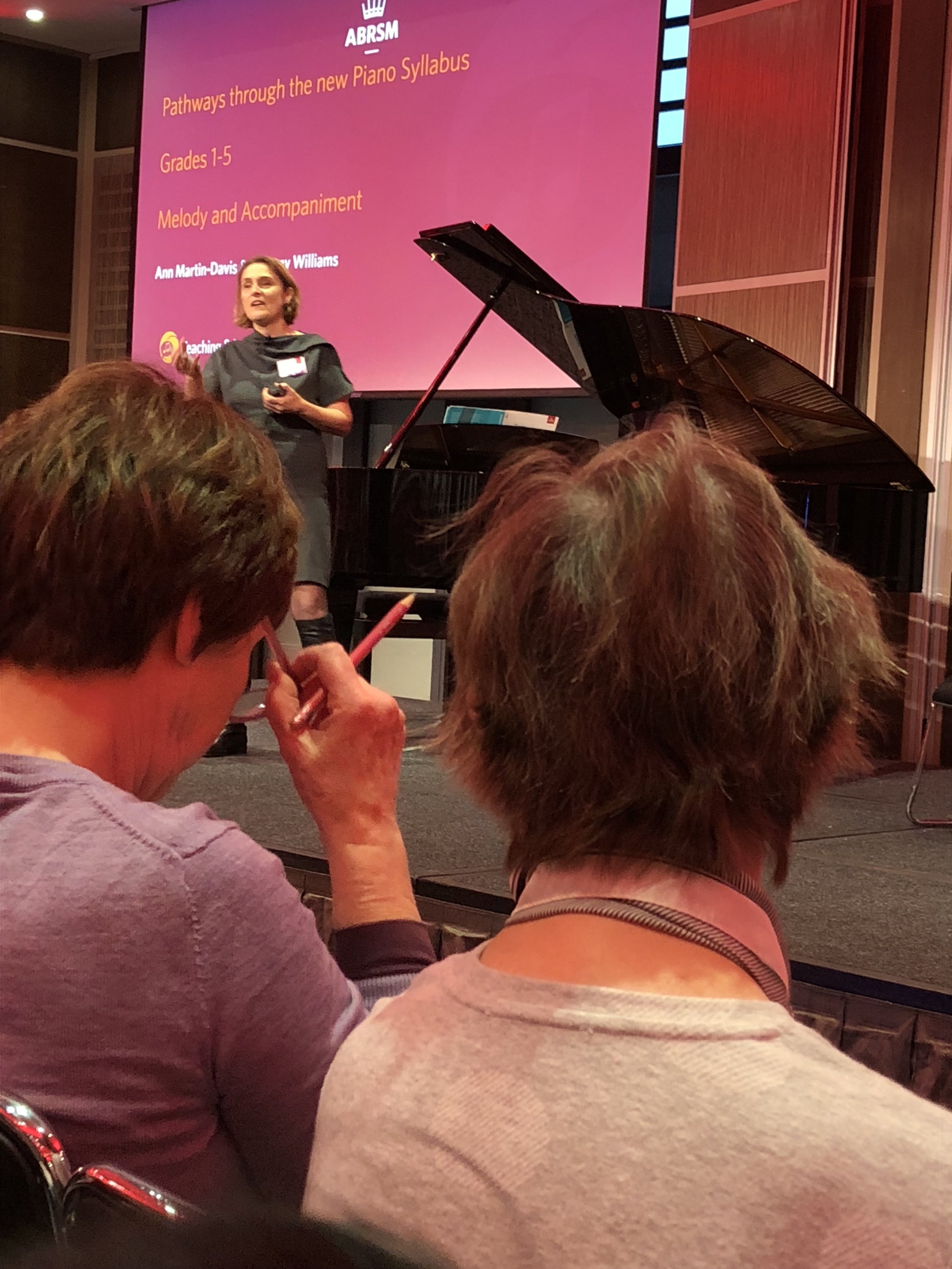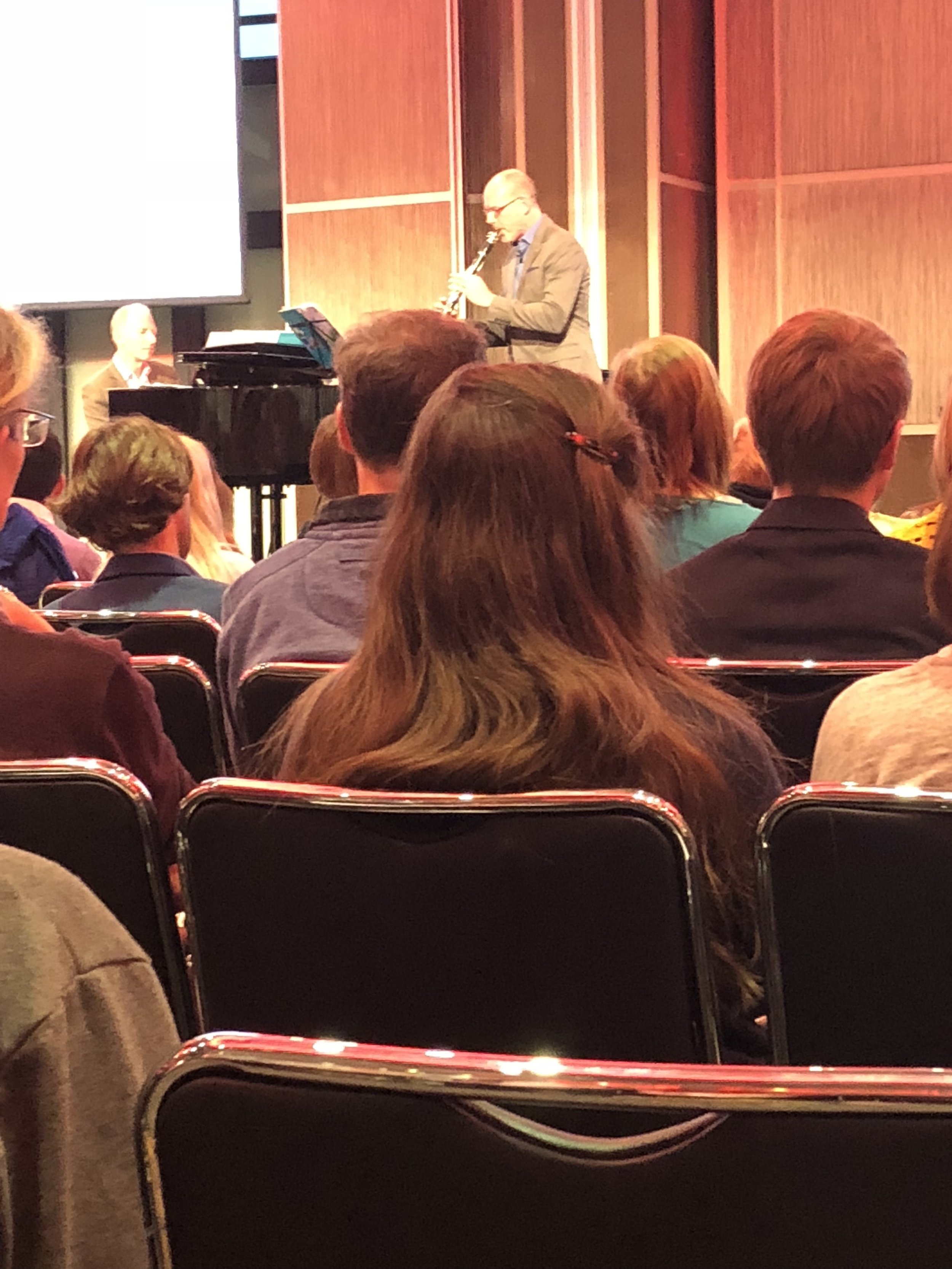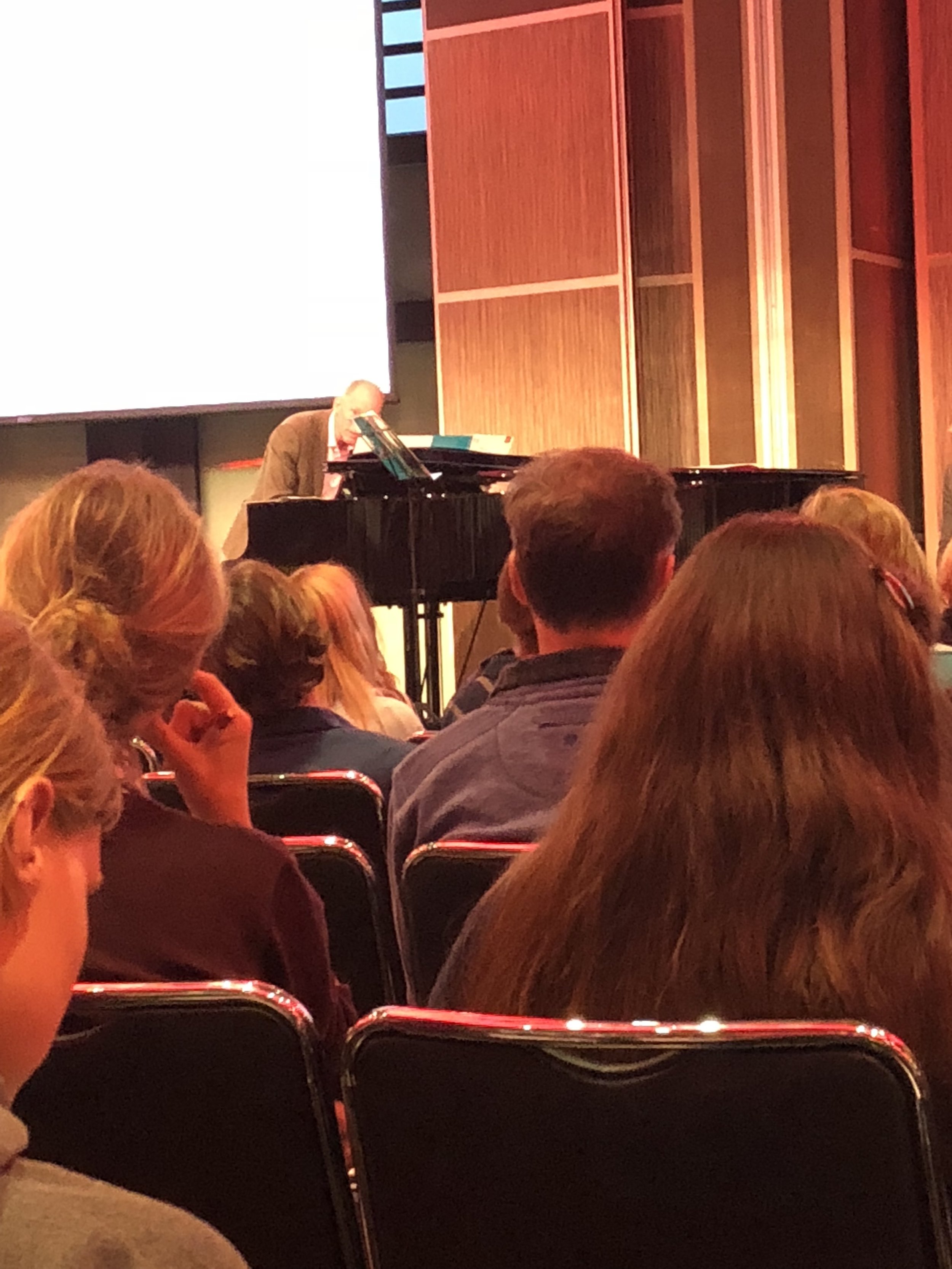The ABRSM Teachers’ Conference 2018
The ABRSM Teachers’ Conference 2018
The ABRSM Teachers’ Conference 2018 took place at Grange Tower Bridge Hotel on Saturday 3 November. The seminars were great, the food mouth-watering, and the freebies delightful.
The ABRSM conference is always a great chance to catch up with the friends I’ve made over the years, and to meet new friends that I have only previously met online. It is especially nice to see people who belong to the same music clubs – such as The Curious Piano Teachers.
This year’s seminars were a welcome reminder of what my piano teacher instilled in me throughout my own musical education. During the Performance Seminar, Antony Williams, Ann Martin-Davis and John Holmes explored the essential ingredients needed for exam success. These aligned closely with the principles for success in any recital or performance. For example, the importance of collecting and connecting a melodic line, creating shape and following the rise and fall of a melodic line; and if repeated notes are in the score, the necessity to express them differently to convey the style. For pianists, this means focussing on voicing, intonation, balance, ebb and flow, and much more.
Being a musician is not just about playing the notes. If all the notes are accurate but communication or expression is poor then the performance would not be well received.
After this seminar I felt reassured about the quality of piano teaching that I had received over the years – and especially to know I had learned about creating shape.
I made it the goal of my first lessons after the conference to teach about understanding phrasing, and collecting and connecting the melodic line. As my Monday students are beginners – and very young, I taught these concepts via the use of nursery rhymes and props – specifically Once A Man Fell In A Well and coloured scarves. These tasks and exercises can then be transferred to Ode To Joy, and then to games about pulse in 2, 3 or 4.
I believe it is so important to teach students about communicative and expressive music from as early as possible, and especially at pre-instrumental level. i.e. before children start learning an instrument. This can be achieved through singing games or Kodàly. In my opinion, waiting for students to learn this through the grade system is far too late.
The lessons and masterclasses delivered at the conference were significant. They affected my teaching in the classroom almost straight away. As well as being well presented, they were structured to include explanations and examples that were worked through at the piano and on other instruments. As the information conveyed was about exploring relationships between: the pianist and the piano; the pianist and the audience; and the pianist and the composer, they could therefore be transferred between other syllabuses such as LCM, Trinity and so on.

